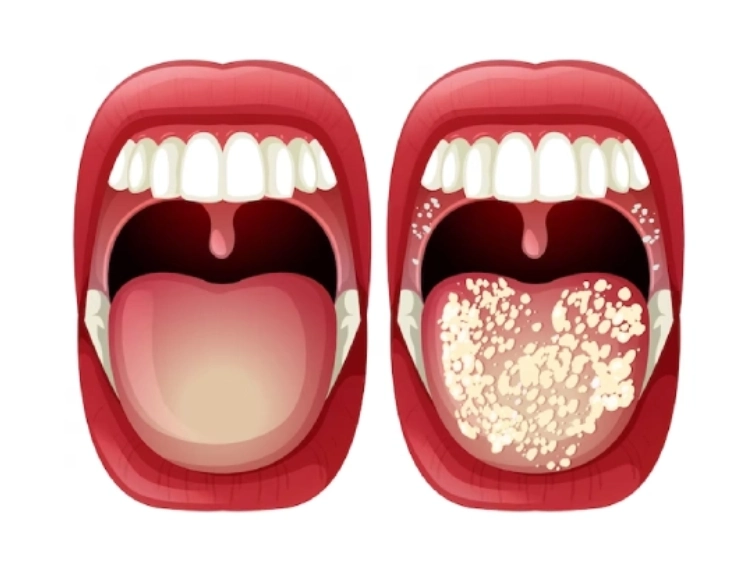
Dry mouth causes
Dry mouth or xerostomia (zeer-o-STOE-me-uh) is a condition in which the salivary glands in the mouth do not produce enough saliva to keep the mouth moist. Dry mouth is often a side effect of certain medications, an aging problem, or a result of radiation therapy for cancer. Less commonly, dry mouth can be caused by a condition that directly affects the salivary glands.
Saliva functions
Saliva helps prevent tooth decay by neutralizing acids produced by bacteria, reducing bacterial growth and removing food debris. Saliva also enhances your sense of taste, making it easier for you to chew and swallow. In addition, salivary enzymes aid in digestion.
Decreased saliva production and dry mouth can range from a minor nuisance to something that can have a significant impact on your overall health, the health of your teeth and gums, your appetite and your enjoyment of food.
Symptoms of Dry Mouth
If you don’t have enough saliva, you may have these signs and symptoms most of the time:
- Sticky saliva
- Bad breath
- Difficulty chewing, speaking and swallowing
- D or sore throat and hoarseness
- Dry or cracked tongue
- Changes in taste
- Problems with wearing dentures
- Dry mouth can also cause lipstick to stick to your teeth
Dry Mouth Causes
Dry mouth occurs when the salivary glands in the mouth do not produce enough saliva to keep the mouth moist. These glands may not work properly because of:
Medication
Hundreds of medications, including over-the-counter medications, can cause dry mouth as a side effect. Medicines most likely to cause problems include some medicines used to treat depression, high blood pressure, and anxiety, as well as some antihistamines, decongestants, muscle relaxants, and pain relievers.
Aging
older people may experience dry mouth as they age. Contributing factors include the use of certain medications, changes in the body’s ability to process medications, nutritional deficiencies, and long-term health problems.
Cancer treatment
Chemotherapy drugs change the nature & amount of saliva that is produced. This may be temporary and the saliva flow will return to normal after the treatment is over. Radiation therapy to the head and neck can damage the salivary glands, resulting in a marked decrease in salivary secretion. This can be temporary or permanent, depending on the radiation dose and the area to be treated.
Nerve injury: An injury or surgery that damages the nerves in the head and neck can cause dry mouth.
Dry Mouth Causes Other health problems
Dry mouth can be caused by certain medical conditions, such as diabetes, stroke, oral yeast infection (thrush), or Alzheimer’s disease, or by an autoimmune disorder, such as Sjogren’s syndrome or HIV/AIDS. Snoring and mouth breathing may also cause the mouth to get dry.
Tobacco and alcohol consumption
Drinking alcohol and smoking or chewing tobacco can make dry mouth symptoms worse.
Recreational drug use
Methamphetamine use can lead to severe dry mouth and tooth damage, a condition also known as “meth mouth.” Marijuana can also cause dry mouth.
Complications
Insufficient saliva and dry mouth can cause:
- Tooth decay
- Increased plaque
- Gum diseases
- Mouth sores
Yeast infection in the mouth (candidiasis)
Sores or cracks in the skin at the edges of mouth or lips problems with chewing and swallowing.
When to see your doctor
Make an appointment with your doctor if you notice persistent signs and symptoms of dry mouth.
Bottom Line
Don’t let your dry mouth take a toll on your dental and oral health. In many cases, you may not know the cause of your problem. Gnathos Dental Clinic has experienced dentist to determine the cause and provide an effective treatment for your dry mouth.
